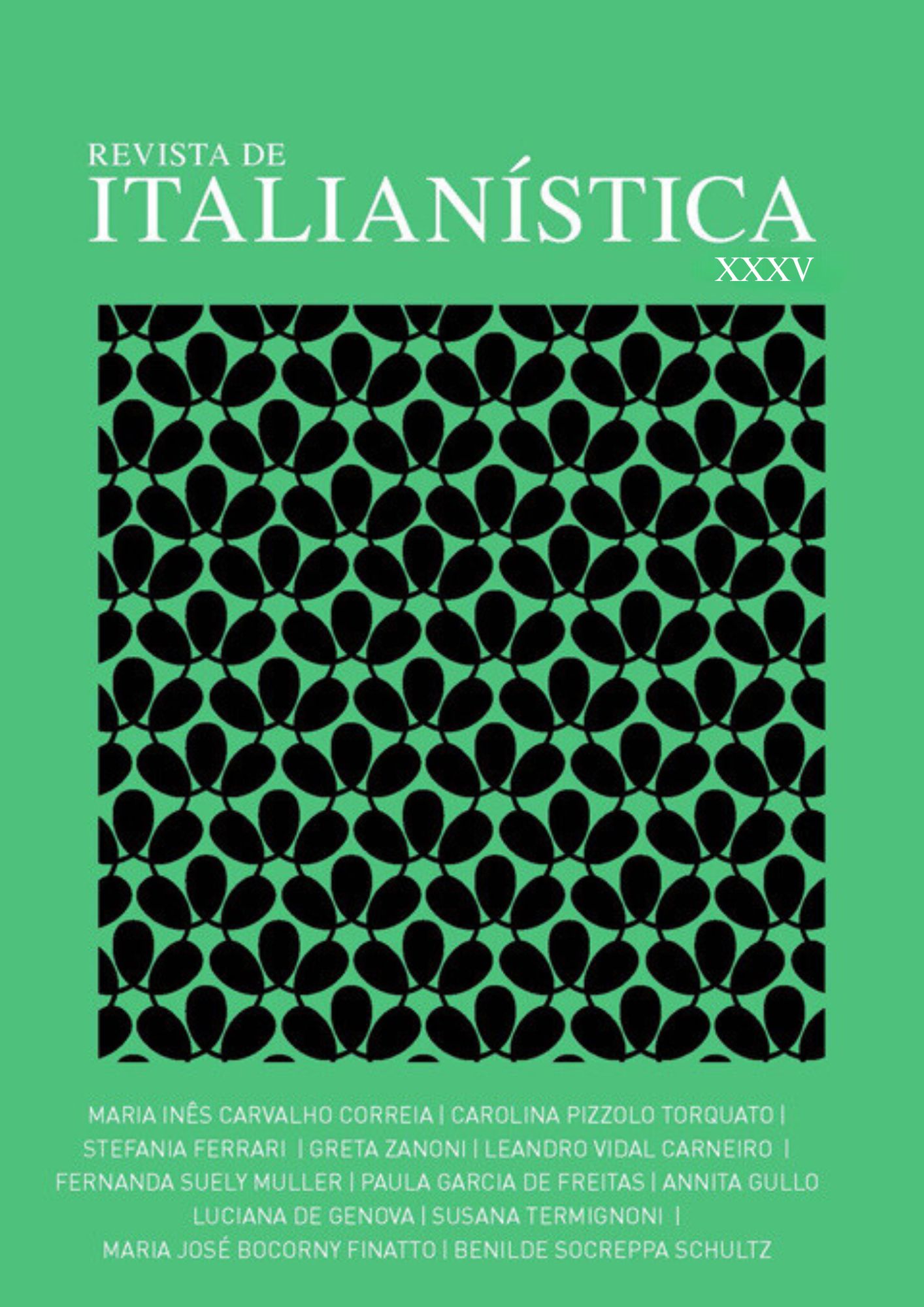Italian at Public Schools: Historical Conflicts in the State of Santa Catarina
DOI:
https://doi.org/10.11606/issn.2238-8281.v0i35p15-28Keywords:
Immigration languages, Dialects, Italian, Talian, Language teachingAbstract
This paper focuses on the teaching of Italian language in public schools in some cities of the state of Santa Catarina in Brazil by framing it into the context of Brazilian linguistic diversity. In the last decades, cities founded by Italian immigrants that arrived in Brazil during the XIX century promulgated laws that assured the inclusion of the Italian language in the curriculum of their public school system, even though the majority of the immigrants spoke Italian dialects. The article, then, besides dealing with the linguistic repertoire of the immigrants, shall also try to analyze the linguistic oppression that those immigrants were subjected to during the Estado Novo period of Brazilian politics, seeking to access the consequences of that oppression for the new generations. The chief aim of the paper is, therefore, to problematize the relationship between linguistic oppression and prejudices still in place regarding the use of Italian dialects, trying to put into question the validity of the teaching of standardized Italian in communities formed mainly by dialectophones.
Downloads
References
BOTELHO, A.; SCHWARCZ, L. M. (orgs.). Agenda brasileira: temas de uma sociedade em mudança. São Paulo: Companhia das Letras, 2011.
BUENO, A. M. Língua, imigração e identidade nacional: análise de um discurso a respeito da imigração no Brasil da Era Vargas. Estudos Semióticos, v. 9 (n. 2), 2013. Disponível em: <http://www.revistas.usp.br/esse/article/view/69531>. Acesso em: 01 jun. 2017.
CAMBRUSSI, M. O efeito das políticas de promoção linguística para as línguas de imigração: o caso do talian e do italiano. Revista Língua & Literatura, v. 9 (n. 13), 2007. Disponível em: <http://revistas.fw.uri.br/index.php/revistalinguaeliteratura/article/view/68>. Acesso em: 01 jun. 2017.
CORACINI, M. J. A celebração do outro: arquivo, memória e identidade. Campinas: Mercado de Letras, 2007.
MARCATO, C. Dialetto, dialetti e italiano. Bologna: Il Mulino, 2007.
MOSER, A. A violência do Estado Novo Brasileiro contra os colonos descendentes de imigrantes italianos em Santa Catarina durante a Segunda Guerra Mundial. Disponível em: <http://www.ipol.org.br/ler.php?cod=200>. Acesso em: 02 fev. 2017.
OLIVEIRA, G. M. Brasileiro fala português: monolinguismo e preconceito linguístico. In SILVA, F.L.; MOURA, H. M. M (orgs.). O direito à fala. Florianópolis: Editora Insular, 2000, p. 83-92.
SEYFERTH, G. A assimilação dos imigrantes como questão nacional. Mana, 1997, v. 3 (n. 1). Disponível em: <http://www.scielo.br/scielo.php?script=sci_arttext&pid=S0104-93131997000100004&lng=pt&nrm=iso&tlng=pt>. Acesso em: 01 jun. 2017.
TESI, R. Storia dell’italiano. La lingua moderna e contemporanea. Bologna: Zanichelli, 2005.
TESI, R. Storia dell’italiano. La formazione della lingua comune. Bologna: Zanichelli, 2007.
Downloads
Published
Issue
Section
License
Copyright (c) 2017 Revista de Italianística

This work is licensed under a Creative Commons Attribution-NonCommercial-NoDerivatives 4.0 International License.
A revista retém os direitos patrimoniais dos artigos e os publica simultâneamente sob uma Licença Creative Commons-Atribuição-Não Comercial-Sem Derivações.



